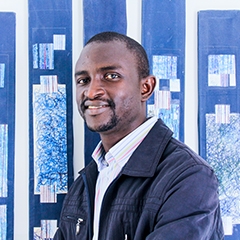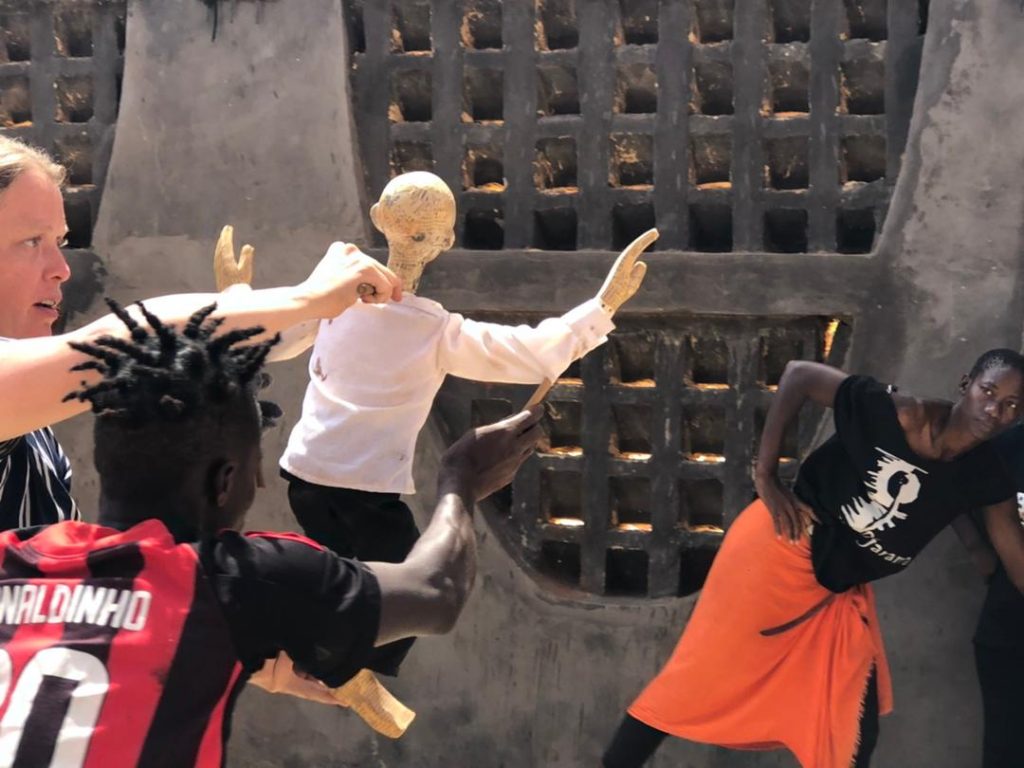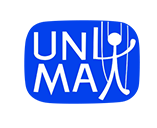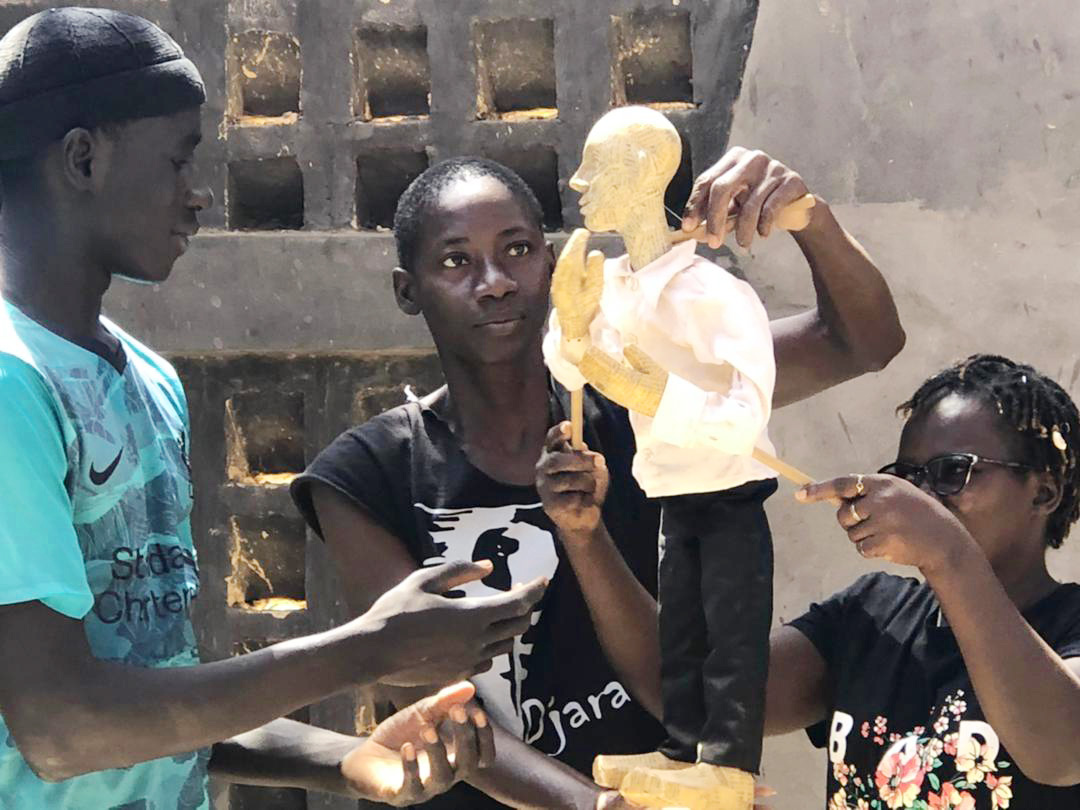April 30 from 4:00 pm to 6:00 pm GMT
Language: French
Part 1 – The seminar
Led by : Elhadji Gueye

This seminar is proposed by the cultural Pole Djaram’arts directed by Patricia Gomis, in Ndayane in Senegal, within the framework of the project initiated by the UNIMA and supported by the UNESCO: ” Spotlight on the puppetry in Africa “.
This seminar aims to allow participants to :
- Understand why people undertake and the benefits of entrepreneurship
- Understand and be able to give a definition of cultural entrepreneurship
- Know the difference between an artist and an entrepreneur
- Understand how to identify an idea for a business project and the different stages of creation
- Discover the different components of a business model and business plan
Elhadji Gueye
An economist by training, with a master’s degree in economic analysis and policy and a master’s degree in banking econometrics and quantitative finance (UCAD), Elhadji has more than 5 years of experience in the management of nonprofit organizations. On a voluntary or professional basis, he develops projects and programs with high social impact. As a training consultant and entrepreneurial coach, he helps young entrepreneurs develop their creative and innovative spirit in order to professionalize their business and make it more efficient.
Passionate about all things related to entrepreneurship, community development, environmental protection, economic policy, statistics and economic modeling.
A former national president of AIESEC Senegal and president of the Alumni Network of the said organization, he co-founded in 2013 the NGO The Hand of Change Senegal. Synapse Center constitutes for him a global learning environment where individual excellence and organizational effectiveness are promoted. His ambition is to become an international expert in youth policy and sustainable development.
Part 2 – Restitution of the workshop
It will be the restitution of a workshop on puppetry directed during 1 week by Naomi Van Niekerk – puppeteer (South Africa), hosted at the Cultural Pole Djaram’Arts with: 3 Ivorian artists participating in the African creation of the project UNIMA “4 creations, 4 continents”, 4 young people of the Yaakar training (piloted by the Djarama Center) and 4 Senegalese artists.
The trainer proposes during this week to look at different types of puppetry and to see how the castelet has evolved over time in different countries. There will be video presentations showing the images, followed by the construction sessions, so that the group can build their own castelets and puppetry to tell stories related to the theme of the beginning.
Naomi Van Niekerk:
Naomi van Niekerk (South Africa, 1984) is a hybrid multimedia artist working in film, theater, installation and printmaking.
Her extensive training (notably at the Ecole Nationale Supérieure des Arts de la Marionnette de Charleville-Mézières – 8th promotion) and her work in the field of puppetry have equipped and inspired her to bring inanimate materials to life frame by frame with the help of a camera. As a stop-motion animator, she creates hauntingly powerful short films based on sensitive interpretations of South African narrative poems that speak to her. These short films have been screened in over forty international festivals and have been widely acclaimed with awards and selections.
She began work on her latest film, Box Cutters, at the Cinémathèque Québécoise de Montréal in 2018 and is currently developing a new RV project entitled Two Worlds, which won the Digilab Africa competition in 2018.

The restitution will be held at the end of the seminar.
All this activity takes place within the framework of the project ” Spotlight on puppetry in Africa ” supported by UNESCO and in partnership with UNIMA, the Académie Ivoire Marionnette, the Centre Djarama and the artist Naomi Van Niekerk.


This is very interesting,.looking forward to be part of the seminar.
Looking forward to be part of the seminar.
Dears,
will it be translated also in English. I, sadly, do not understand French but I would love to know more about African puppetry.
Best regards,
Tea Kovše